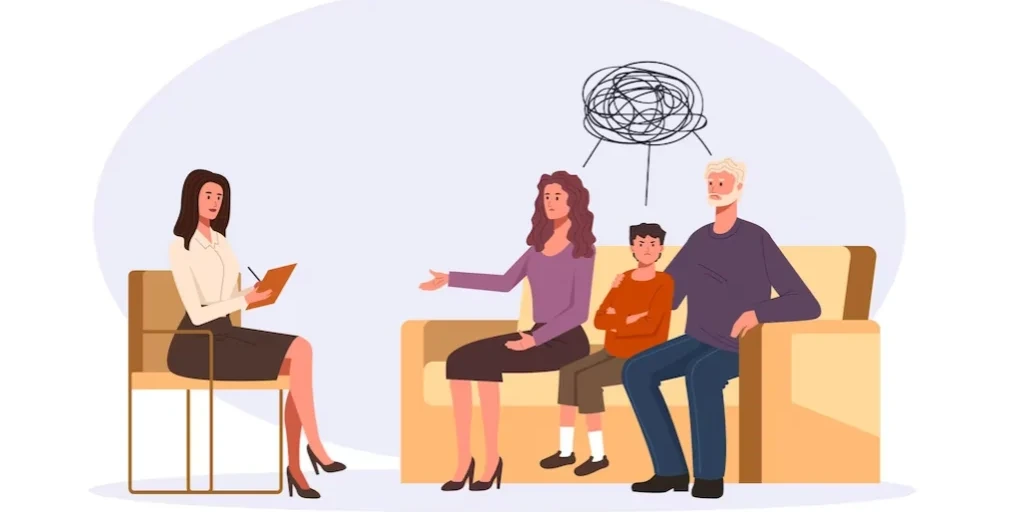24/7 Helpline:
(866) 899-221924/7 Helpline:
(866) 899-2219
Learn more about Opiate Detox centers in Wetumka

Other Insurance Options

Self-pay options

Access to Recovery (ATR) Voucher

Medical Mutual of Ohio

Multiplan

Horizon Healthcare Service

UMR

Optum

American Behavioral

BHS | Behavioral Health Systems

Lucent

BlueShield

BlueCross

Regence

Private insurance

Magellan

Sutter

MHNNet Behavioral Health

Excellus
Beacon

WellCare Health Plans


Oklahoma Families First
Oklahoma Families First is a private rehab located in Holdenville, OK. Oklahoma Families First speci...















































Carl Albert
Carl Albert is a public rehab located in Holdenville, Oklahoma. Carl Albert specializes in the treat...










































